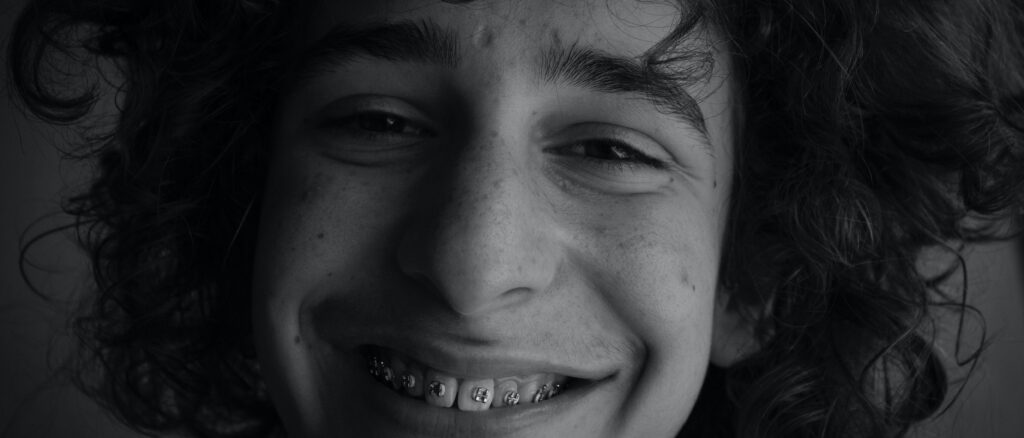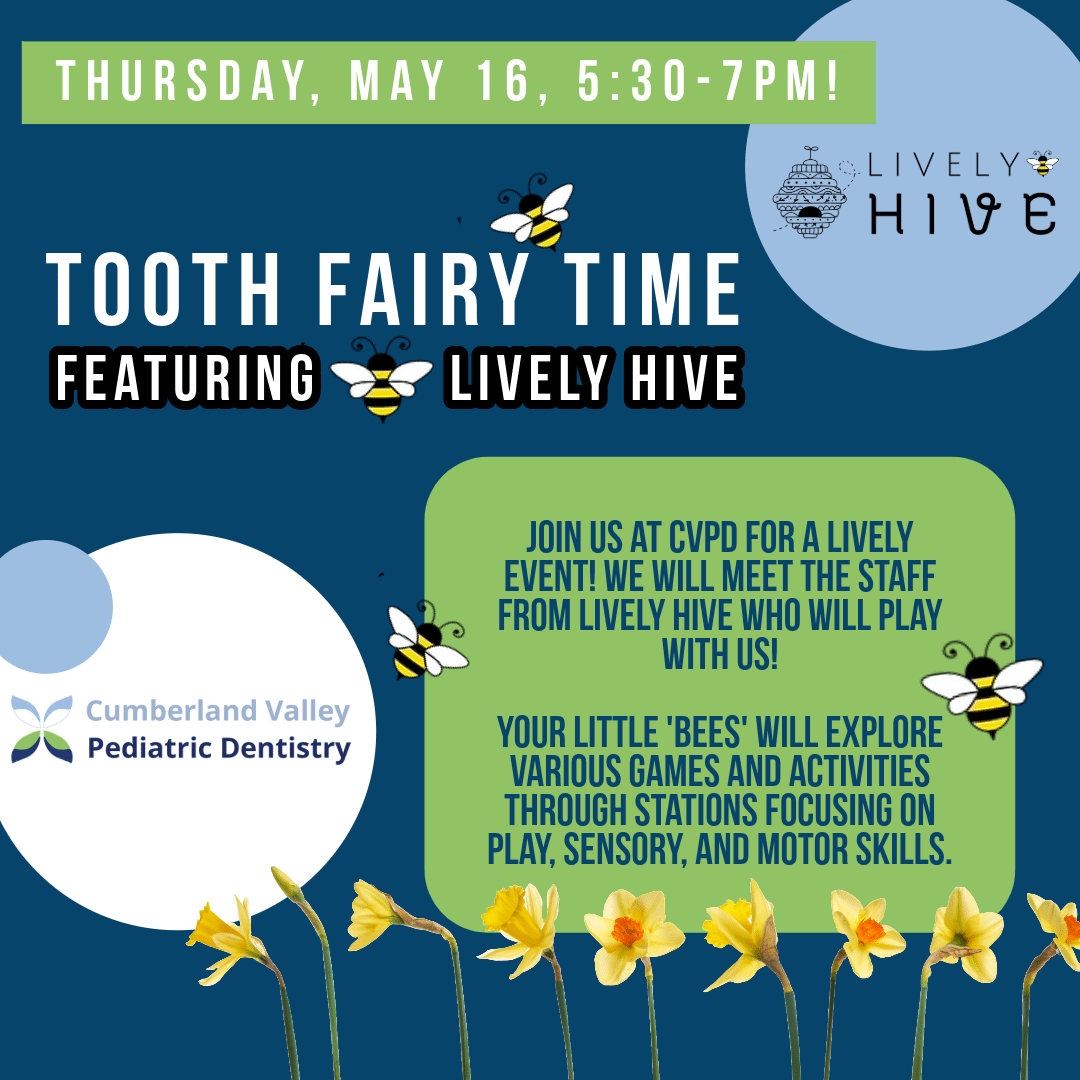There are a variety of different reactions your child may have when given the news that they will have to go to an orthodontic appointment to see if they need braces. They could have anxiety, shame, fear, confusion. If you’re lucky they may be excited about braces but a majority of the time your children may have an unhappy reaction to the looming dental procedure. They may fret over the situation but it is important that you quell their anxieties by comforting and educating them so there are fewer uncertainties that can cause distress.
When to Look Into Your Child’s Orthodontic Health
The age you should have your child’s first orthodontist visit is age 7. Even though most people think of pre-teens and teens when they think of orthodontics, there are good reasons your child should get an orthodontic evaluation much sooner. The American Association of Orthodontists recommends a check-up with an orthodontic specialist no later than age 7.
What Causes a Child to Need braces?
Orthodontists can spot subtle problems with jaw growth and emerging teeth while some
baby teeth are still present. When an orthodontist decides a child needs braces it could be the result of an array of different issues. Gaps in their teeth, crowding, and mouth alignment issues such as overbites and underbites are all reasons they may need to receive braces.
Other Options
Children do not always need braces. Other options such as retainers, clear aligners, and more are available as early intervention options. Your orthodontist will work with you to decide if what plan of action will work best for your child and answer any questions you or your child may have.
How Long Will The Braces Have to Stay On My Child?
Once on it is important to regularly check up with the orthodontist around every 2 weeks so your child can stay on the right path to getting their braces off as quickly as possible. The lifecycle of having braces usually varies in a wide range. Usually, this range is between 18 to 36 months.
Tips On What Type of Food Your Child Eat With Braces:
Foods that are soft can help your child’s mouth as they settle into their new braces. Here are some examples from each food group:
- Fruits: Softer fruits such as pears and bananas are good, as well as applesauce and canned fruit.
- Vegetables: Veggies are easy to make soft by cooking them.
- Proteins: High protein foods such as eggs, yogurt, soups, milk, and hummus
- Grains: Soft grains such as oatmeal, pasta, rice, and bread without the crust
- Sweets: Sweets such as ice cream, brownies, and muffins
Hard & Crunchy Foods:
Some foods are hard or crunchy enough that they could possibly bend or break your child’s braces. You should be on the lookout to make sure that if they do choose to eat these foods, your child must eat them in more bite-sized quantities so as to not put too much strain on the braces.
Examples of these types of foods are: apples, carrots, corn on the cob, popcorn, hard crusty breads, nuts, pretzels, and chips.
Sticky & Chewy Foods:
Watch out for sticky and chewy foods once your child has braces. They can be bad news if your child isn’t careful. Braces can actually be pulled off from these types of foods and they are the worst at causing cavities due to their nature of being able to get stuck in crevices the braces make harder to get out. They are mainly types of candy sweets. If your child does eat these foods, make sure they brush ASAP.
Examples of these types of foods are: chewy candy, gum, bagels, etc.
Will Braces Hurt?
There really isn’t one answer to this. The procedure of getting braces on should not be a painful experience for your child. They may feel a sense of discomfort for a time after getting them on, but overall as long as they are eating right there should be minimal pain involved for them during the time they have braces.
Preparing your child for braces can be a lot to look in to for both you and them to prepare. It is important that everyone involved is educated on the process to make it as anxiety-free as possible. If you have any other questions on this subject don’t be afraid to ask your dentist. Orthodontists can spot subtle problems with jaw growth and emerging teeth while some
baby teeth are still present.
- November 1, 2020
- Children's Dentistry


